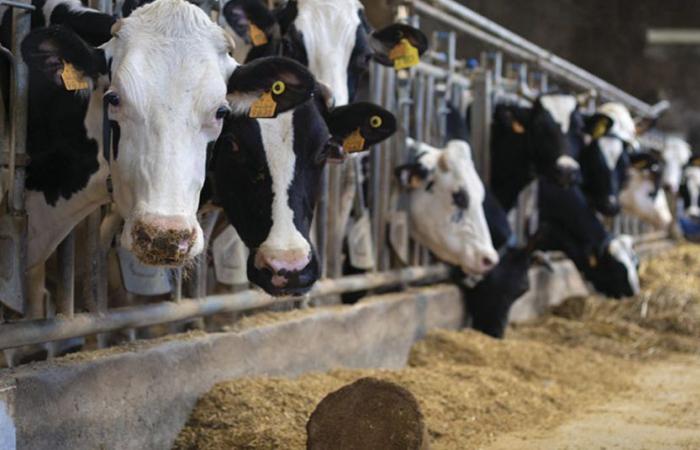For the first time, dairy cows in the United States have been confirmed to be infected with a highly lethal strain of avian influenza, marking a new chapter in the outbreak that has been affecting poultry across the country.
U.S. Department of Agriculture officials, along with the Texas Animal Health Commission, announced the detection of the H5N1 virus in cattle in Texas and Kansas. The infections are believed to originate from wild birds, following reports of dead birds found on farms.
The cases were discovered amid an investigation into reports of illness in cows in the states of Texas, Kansas and New Mexico, with symptoms including loss of appetite, fever and a precipitous drop in milk production. Interestingly, the disease appears to primarily affect older cows, and to date, no significant deaths have been reported in affected herds.
Health authorities and experts emphasize that despite the presence of the virus in samples of unpasteurized milk collected from sick cows, the risk to public health remains low. Pasteurization, a mandatory process for all commercial milk, is effective in inactivating the virus. The abnormal-looking milk, described as thick and syrupy, was promptly discarded and does not pose a threat to the milk supply.
Also, the recent detection of avian influenza in goats in Minnesota raises concerns about the transmission of the virus to different species of mammals. To date, genetic analyzes indicate that the virus present in sick cows has not undergone mutations that would increase its ability to infect humans. However, the possibility of direct transmission between birds and cows, or even between cows themselves, is under investigation.
Animal health experts and epidemiologists emphasize the importance of strengthening surveillance of influenza in livestock, given the evolutionary potential of the virus in mammalian hosts. The concern lies in the possibility that, if the virus adapts to spread more efficiently among mammals, it could pose a significant risk to global public health.
Health authorities continue to monitor the situation closely, seeking to better understand the transmission routes of the virus and its evolution. Meanwhile, they reinforce the safety of the milk supply and the low threat to the consumer, appealing for calm and information based on scientific evidence.
Source: The New York Times






